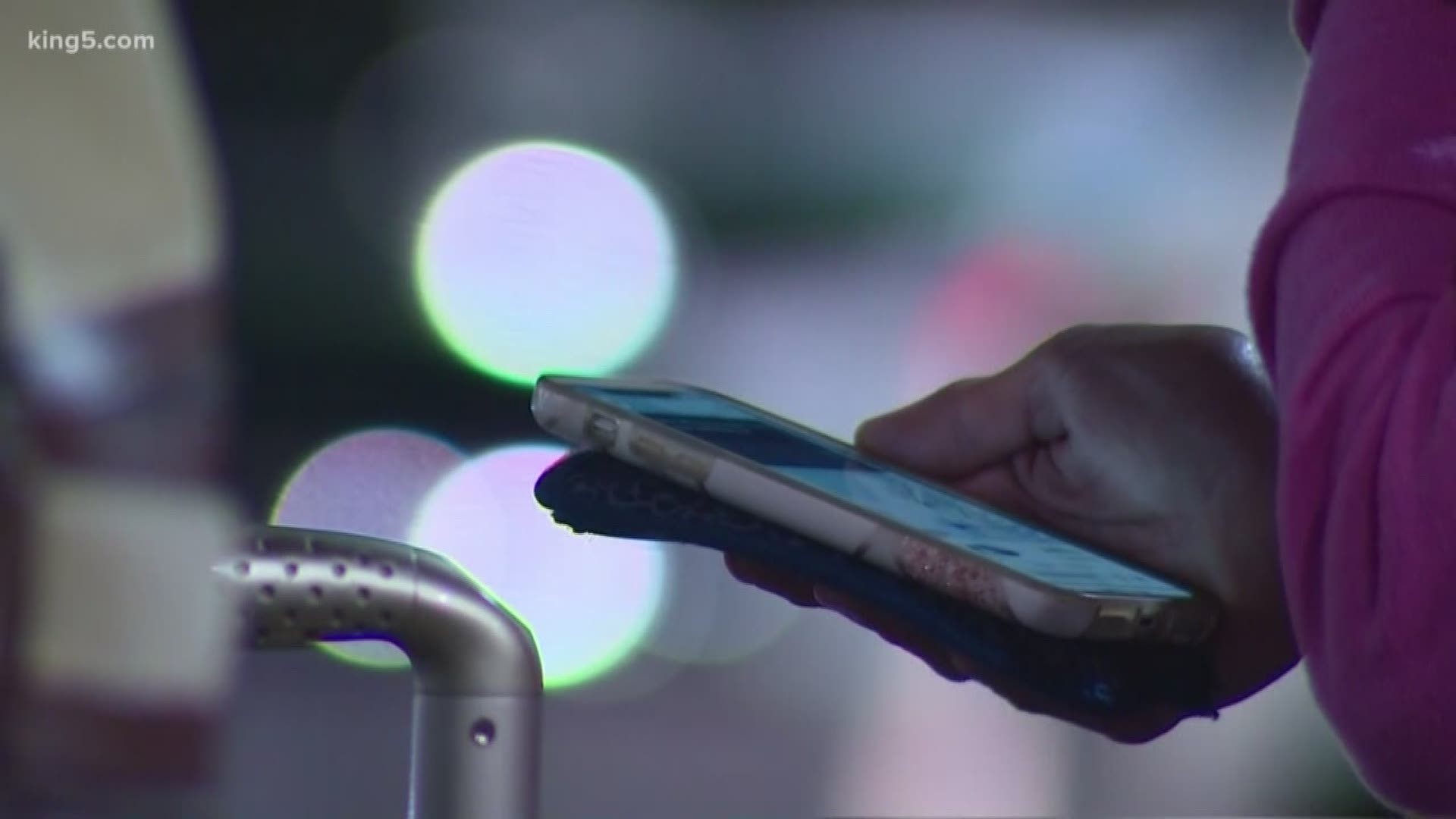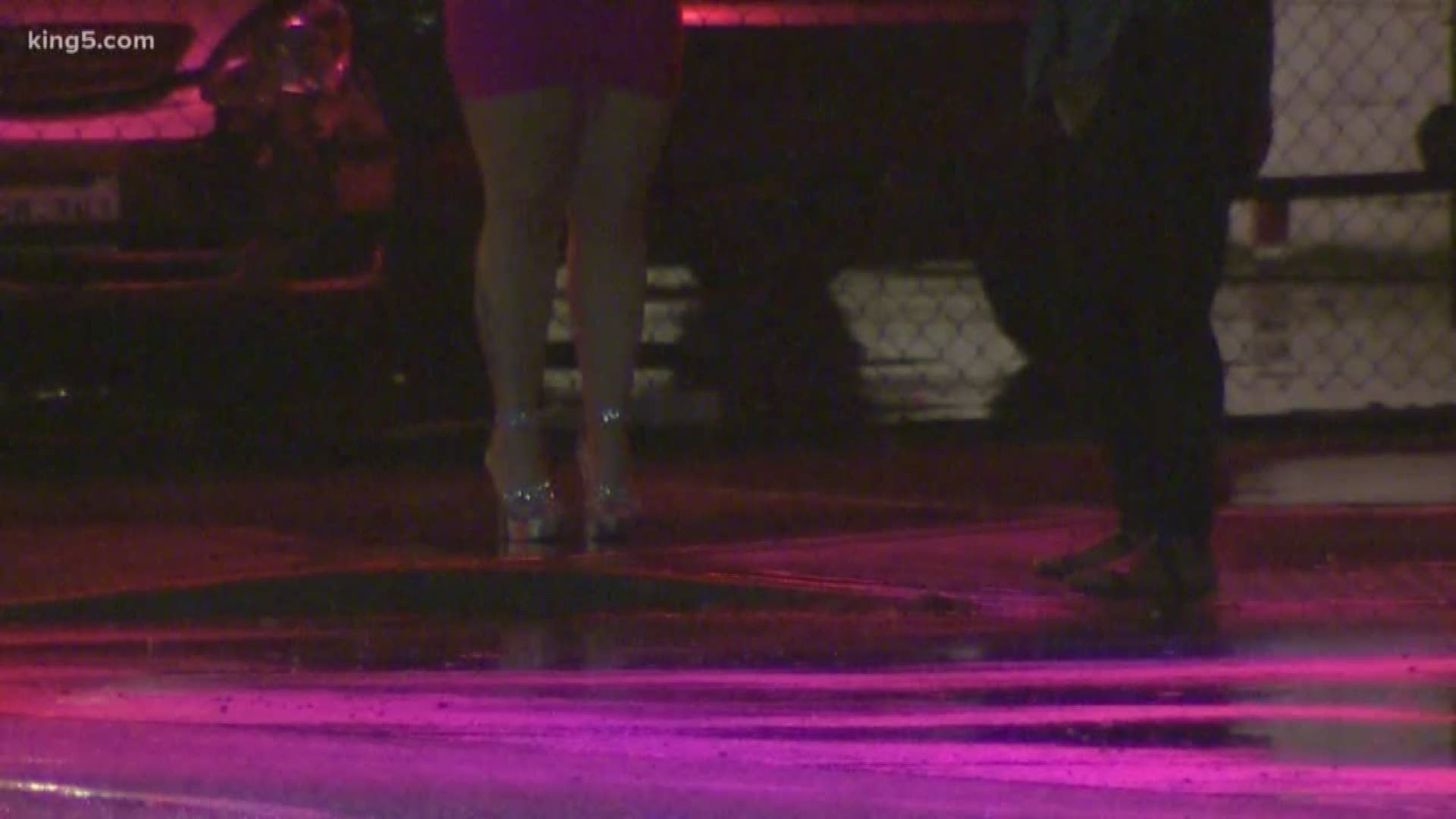SEATTLE — The King County Council is considering requiring training for Uber and Lyft drivers on how to spot the signs of sex trafficking.
A measure before the council would set up a curriculum for drivers, teaching them warning signs, what to watch out for, and how to offer help to people who might be exploited.
“Because victims often don’t own their own cars, they’re dependent on rideshare and taxi services in order to get around,” said Mar Brettmann, executive director of BEST - Businesses Ending Slavery and Trafficking.
Brettmann has trained drivers on this topic and says they often spot passengers in distress, but don't know what to do.
“We've done training for the hotel industry, and we saw a dramatic jump in the number of people who were actually identifying victims of human trafficking, and we think the same thing will happen in the rideshare and taxi industry,” Brettmann said.
The sex trafficking measure goes before the council on Wednesday. If approved, it would set up a curriculum which would be used as part of the required driver training for a for-hire license in King County.
So what should drivers watch out for? A person who is being exploited might be confused, not know where they are going, might have signs of physical abuse or malnourishment, and might be under considerable stress, Brettmann said.
If a driver thinks a passenger is in danger, they should call the police, Brettmann said. If a passenger is not in danger, but possibly being trafficked, a driver might offer a card with the number for a human trafficking hotline, directing the passenger to further resources and assistance.
The national hotline for human trafficking victims is 888-373-7888. Call this number to report a tip or to request help if you are a victim.


